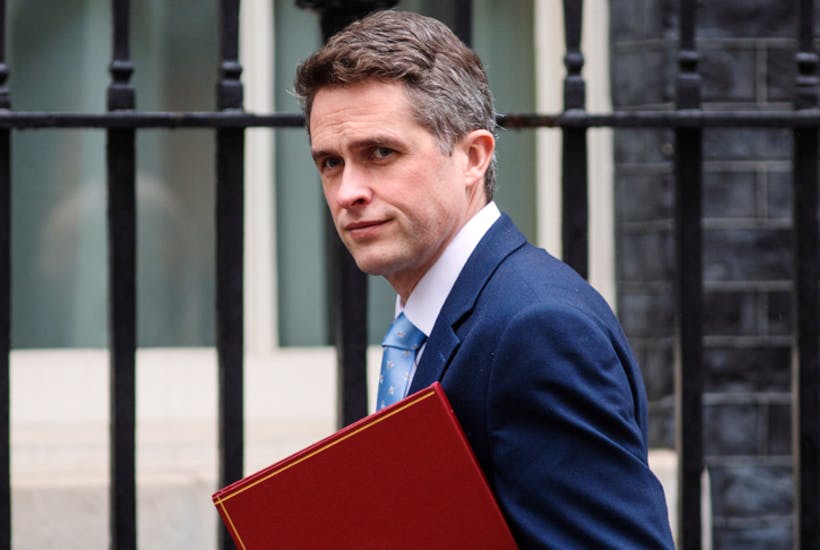Gavin Williamson is clearly a man who is happy to take a risk. His comments that he would welcome a police investigation increase the chances that one might happen, and yet Williamson’s rationale for wanting an investigation is vanishingly thin.
Williamson claims that the notepad of the Daily Telegraph reporter, Steven Swinford, “would show that I didn’t say anything” and that subsequently he would get the “nicest apology’ from the PM.
Aside from the improbability that Williamson would make a telephone call to the reporter (which he accepts that he did) but then be totally silent, the fact is that he could not guarantee that the journalist would cooperate with a police investigation to protect his source. Journalistic ethics make it highly unlikely that Swinford would be willing to reveal what was or was not said.
The fact is that there are reasonable grounds upon which a criminal investigation could be commenced. An investigation under the Official Secrets Act might be problematic since it is not clear that classified material was passed to the journalist. But there is certainly a basis upon which an investigation could be launched in respect of misconduct in public office. That offence is committed where a public official conducts himself as to constitute an abuse of the public’s trust, without reasonable excuse.
It would not be difficult at all to lay out a prima facie case that an offence was committed by the individual who spoke to the Telegraph journalist and conveyed the information which was the subject of his story.
That said it is highly unlikely an investigation will ever be launched, or that if it does take place a prosecution will follow. Any criminal trial would be extremely difficult to manage given the highly secret information involved. In any case, the DPP, if he is wise, would conclude that the public interest had been fully satisfied by the sacking of Williamson. He has, after all, lost his job and to most of us it seems he has written off his career.
No doubt Gavin Williamson does not see things in quite that light. But if he is to have any chance of resurrecting his career in the future he needs to do more than simply expostulate, as he has done up till now. He needs to establish a reasonable doubt in the public’s mind and in particular explain why, according to Theresa May, he did not fully cooperate with the inquiry. And he must, of course, say why he spoke to the Daily Telegraph journalist and what he said in a call which reports say lasted 11 minutes. Without credible answers to these questions, there can be no hope that Gavin Williamson has any future as a serious politician.
Stephen Parkinson is senior partner at criminal law firm Kingsley Napley LLP and former Deputy Head of the Attorney General’s office






Comments